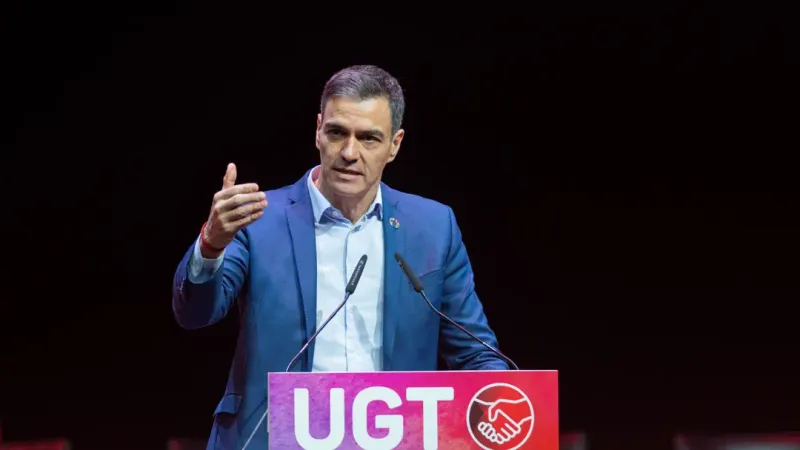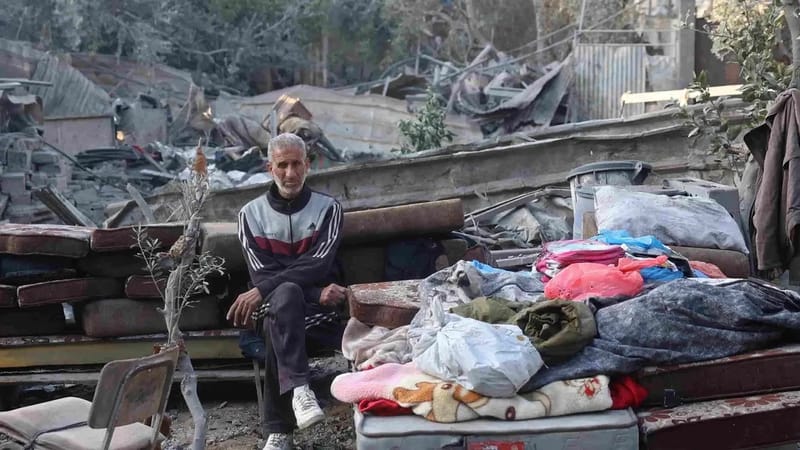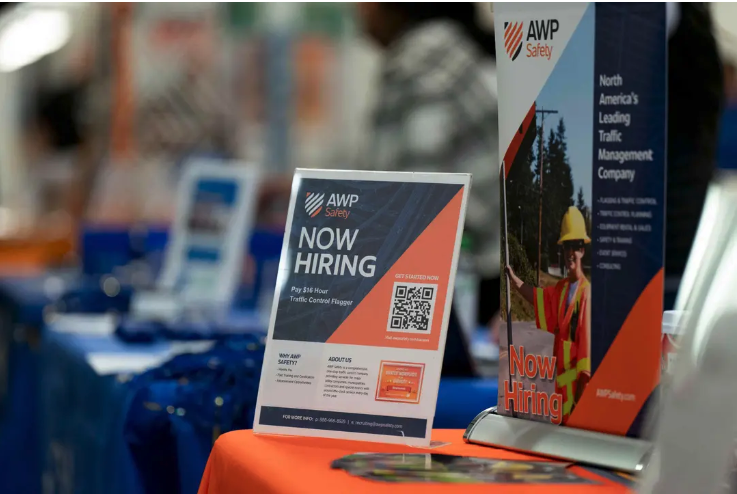NCAA Antitrust Settlement Paves Way for College Athlete Compensation
The US National Collegiate Athletic Association (NCAA) has reached a settlement with students that would see schools share revenue with athletes and pay $2.8B in damages to current and former players....
Facts
- The US National Collegiate Athletic Association (NCAA) has reached a settlement with students that would see schools share revenue with athletes and pay $2.8B in damages to current and former players.1
- The NCAA has historically opposed efforts to compensate athletes, citing their amateur status. This antitrust lawsuit, House v. NCAA, would make colleges share 22% of their revenue with players.2
- If approved by the plaintiffs and a federal judge, the deal could go into effect as early as the 2025 season. Including the payouts for damages, the overall commitment will be $300M from each of the 69 schools in the NCAA over 10 years.3
- The financial payout is to be distributed amongst 14K current and former athletes who say that previous NCAA rules caused them to lose sponsorship and endorsement money, with claims dating back to 2016.4
- The NCAA itself will cover 41% of the costs and will withhold some of the money it sends to Division I schools to help. It will also switch from old scholarship rules to decide spending caps on roster size, which will change how schools prioritize certain sports.3
- This follows a 2021 SCOTUS ruling that struck down compensation limits for student-athletes, allowing players to earn money from their name and likeness. The exact compensation arrangement for the $20M a year per school is yet to be decided.1
Sources: 1BBC News, 2New York Times, 3Associated Press and 4CBS.
Narratives
- Narrative A, as provided by Bloomberg. College athletes have always been compensated in the form of scholarships and education. This move will end the NCAA as we know it, as big schools will now have the money to dominate their competition. Furthermore, schools will have to abandon many less popular sports like swimming and golf to feed basketball and football budgets, robbing many of the opportunity to play. Students lose in this wrongheaded move, which will only benefit the top players.
- Narrative B, as provided by The Diamondback. Colleges have earned untold billions on the backs of uncompensated players. Student-athletes put tremendous work into their careers and are professionals in all but name, with the NCAA's specious amateur argument falling flat. If it weren't for these star players, there would be no lucrative television deals or merchandise deals, which is why athletes deserve a fair share of that money like any other employee would.







